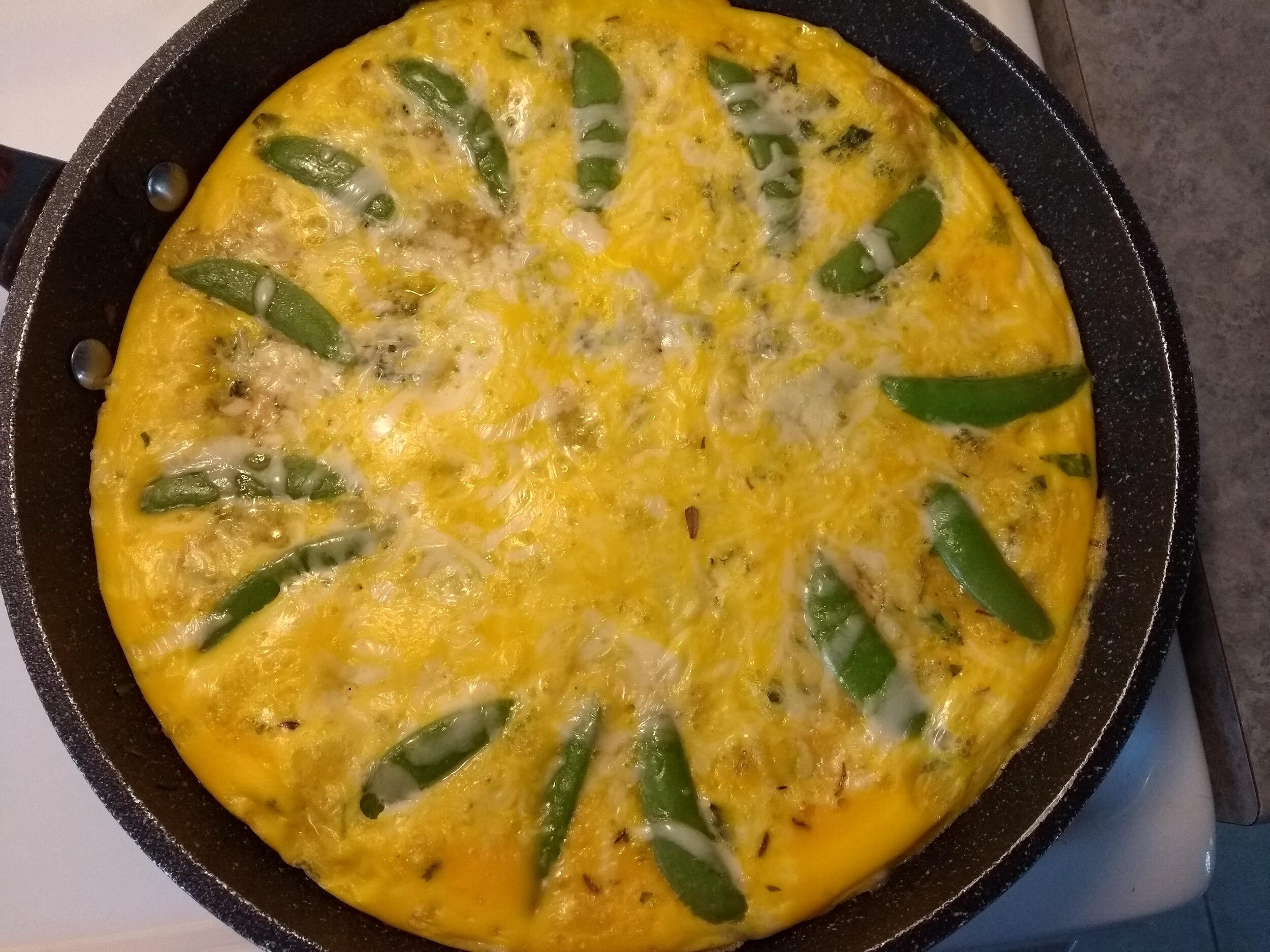Peas 2020
Started outdoors May 1
Cascadia in front and Sugar Snap behind. I should have put the trellis between them instead of at the very back but … next year.
Cascadia
Size: 2-3 feet tall with a foot spread, they like to be crowded
Location: full sun, fertile well draining soil
Matures in: 60 days
Soaking the peas to speed germination
Native to: the Mediteranean region and the Near East. This particular pea was developed at Oregon State University by Dr. Baggett.
Why did I Choose it? Easy, tasty and disease resistant
Uses? Reminding me of my Gramma’s garden when I was little. She lived with us for a while and had a vegetable garden on the east side of our house. One of my earliest memories of anything vegetable gardening is eating peas in the sunshine fresh from the vine. We were supposed to let them ripen because I’m sure she had a plan for them but they seemed to disappear more often than not.
Early garden harvest including peas
Specifics: Cascadia is a tasty, productive plant requiring very little support. The vines get 2 -3 feet tall.
They can be eaten as a snap when flat but are better and sweeter when they plump up with peas. They are crunchy and flavorful.
They have excellent disease resistance and a long harvest window especially when followed by Sugar Snap.
Personal Notes: I was very pleased with these peas and would grow them again. They were so delicious that they only made it into one frittata, we ate all the rest fresh in the garden.
Our peas in a frittata made with our eggs
Sugar Snap
Size: 6 feet plus
Location: full sun, fertile well draining soil
Matures in: 67 days
Native to: the Mediteranean and Near East. US plant breeder Calvin Lamborn developed the “sugar snap” pea variety in 1979.
Why did I Choose it? Gramma’s garden memories
Uses? Nothing better than eating them in the garden. Our family has a long standing tradition of peas and mushrooms whenever we make a roast. I thought everybody grew up with it but my husband thought it a little strange the first time he had it. I promise you, it's delicious.
Specifics: Sweet crunchy pods with a long picking season. Vigorous vines need trellising.
Personal Notes: Also a great tasting pea, I would plant them again. Maybe more next time so we actually harvest some for later.
Peas in General
Prefer cool weather so sow early directly in the soil.
Companion Plants: Beans, carrots, celery, corn, cucumbers, eggplant, peppers, radishes, spinach, tomatoes, turnips
Avoid: Alliums stunt their growth - onions, garlic, leeks, shallots, scallions, chives.
Up Next Beans





